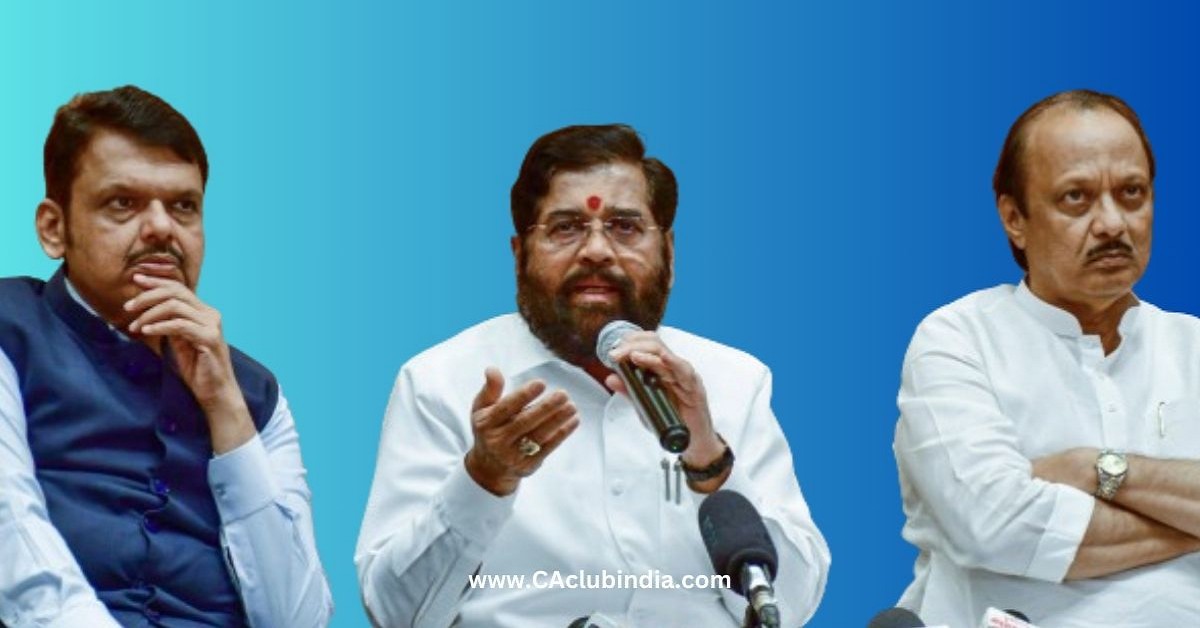In a significant move just hours after central government employees' organizations called on state governments to adopt the Unified Pension Scheme (UPS), Maharashtra has become the pioneering state to offer the scheme to its employees. This decision comes amid anticipation that other states, particularly those governed by the NDA, will follow Maharashtra’s lead.
The central government’s approval of the UPS, announced just a day prior, promises to provide government employees who joined in 2004 or later with a pension amounting to 50% of their average salary over the last 12 months. This pension will also include inflation adjustments and additional benefits to address the demands of employees.
The UPS, which aims to benefit approximately 23 lakh central government employees, could potentially extend its advantages to around 90 lakh individuals if all states implement the scheme. Top representatives of central government employees have urged state governments to adopt the UPS without politicizing the issue. Although the Old Pension Scheme (OPS) remains a preferred option due to its non-contributory nature, the UPS is seen as a practical alternative that incorporates 90% of OPS's benefits.

Shiv Gopal Mishra of the All India Railwaymen's Federation and secretary (staff side) of the national council of JCM expressed satisfaction with the UPS, emphasizing its near-complete alignment with OPS. Mishra and other representatives are pushing for swift implementation of the UPS across states, including those with ongoing employee agitations for fair pension schemes.
Cabinet Secretary-designate T.V. Somanathan, who led the review panel of the National Pension System (NPS) and negotiations with staff organizations, indicated that the UPS model adopted by the Centre could be replicated by states. He noted that over 99% of employees currently under the NPS would benefit from transitioning to the UPS.
JCM chief M. Raghavaiah expressed optimism that more states would soon implement the UPS. He also advocated for modifications to ensure that employees receive a pension of 50% of their salary after 20 years of service instead of 25 years and that a lump sum payment at retirement be set at one-fourth of the average salary of the past six months.
The UPS is expected to benefit over eight lakh railway employees who have joined in the past 20 years. Representatives emphasize that the welfare of government employees should remain a bipartisan issue, focusing on the needs of the workforce rather than political differences.







 CAclubindia
CAclubindia
